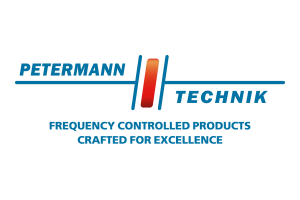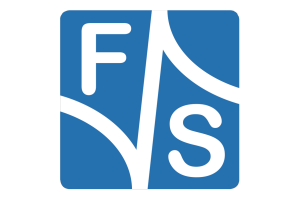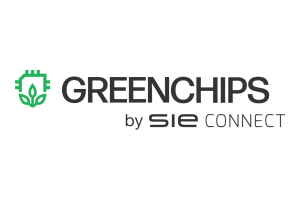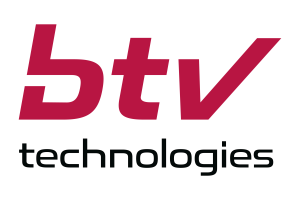TDK
»1 + 1 really is more than 2!«
Fortsetzung des Artikels von Teil 1
New trends in the industry
You‘ve already touched on automotive a number of times. How important is this field to TDK in Europe today? And do you see any threats to that importance in the future?
In Europe, automotive business accounts for more than 50 percent of our sales. We have expanded our sales in this market successfully and significantly over the past ten years. And by 2020, I assume that this area‘s share of sales will have nearly doubled since 2008. In light of current development trends such as autonomous driving and e mobility, further gains are expected in the years ahead.
You mentioned new trends in the industries served. To what extent is TDK investing every year in the development of new passive components?
The TDK Group as a whole invests roughly 800 million euros a year in research and development. This R&D spend has more or less doubled in the last ten years. And R&D expenditure in the field of passive components has also increased by more than the overall average in this period. TDK operates a powerful research and development network with a major technology center in Japan, as well as regional R&D centers and R&D departments at its development and production facilities worldwide.
But who translates that into market-ready products seems to depend on who sees the greatest potential in a new idea, as was recently the case with the miniature rechargeable batteries based on MLCC technology.
No, it is more a question of making sure our capabilities are interlocked efficiently. Regarding your example of the CeraCharge mini-batteries, development took place in Japan, from basic research to the prototype. In collaboration with the researchers in Japan, a team in Deutschlandsberg, Austria, then made this highly promising product ready for volume production for all kinds of IoT applications, drawing to some extent on existing production expertise and equipment.
In this context, TDK seems to be very open. It doesn‘t seem to suffer from the „not-invented-here“ syndrome. A glance at its history shows that the company effectively reinvents itself at regular intervals.
TDK is a Japanese company, but today it generates less than 10 percent of its sales in Japan. TDK is very clearly pursuing a strategy focused on global growth. That is reflected in details such as the fact that 99 percent of all meetings in Japan are held in English. Further evidence of this international outlook is the fact that the Global Human Resources department, which is responsible for human resources affairs all over the world, is based in Munich and led by a native Bavarian. Admittedly, his mother is Japanese and he speaks the language fluently, which perhaps helped to a very minor extent.
But to get back to your question: TDK was a ferrite-based company until well into the 1980s. It then entered the read-write head business for hard-disk drives in 1986 by acquiring SAE. Battery producer ATL was acquired in 2005 and Epcos in 2008. Most recently, in 2017, the company also bought sensor manufacturer InvenSense. All these acquisitions have played a crucial role in driving TDK‘s continued global growth.
- »1 + 1 really is more than 2!«
- New trends in the industry
- Serious supply chain in the passive component








